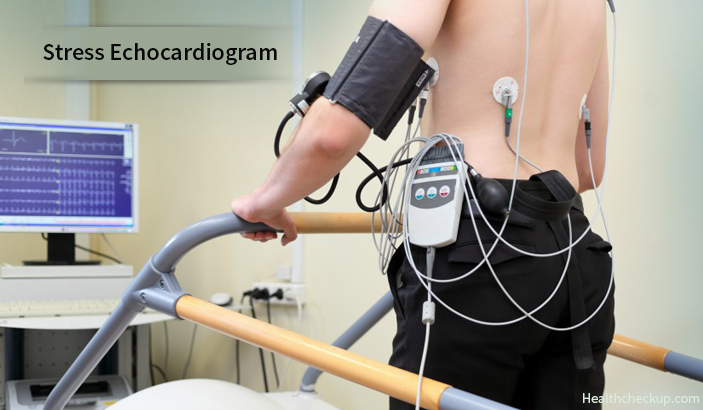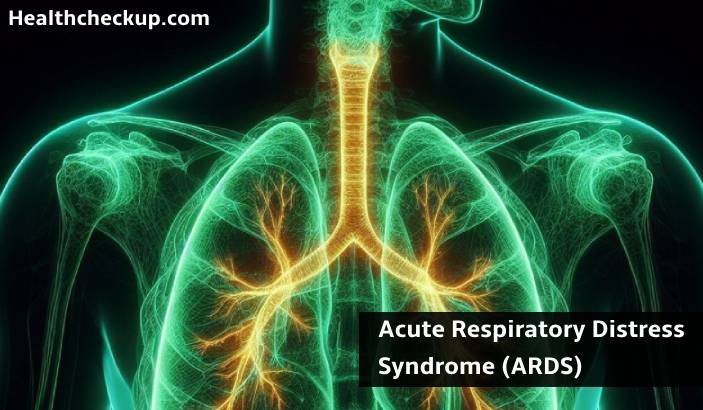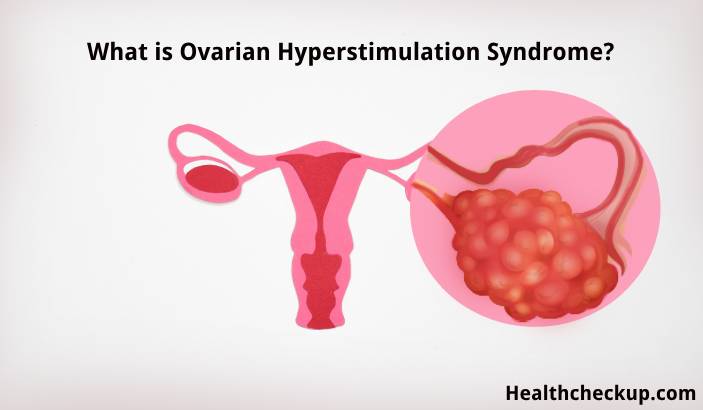The flow of blood in the body is the result of synchronized functioning of the heart and the blood vessels. The primary role is undertaken by the heart which pumps the blood into the vessels for delivering it to various organs and tissues. A healthy heart is a prerequisite for leading a healthy life and to maintain this health, it is necessary to evaluate the heart at regular intervals. Stress echocardiography is one such technique that determines how the heart will function if placed in stress situations. The stress situations may be physical, pharmacological and electrical, and the method employed varies according to the convenience of the patient. The functioning of the heart during stress is evaluated through 2D echocardiography. When echocardiography is compared with electrocardiography, in most of the cases, the results obtained through the former technique is more accurate than electrocardiography (ECG). Average stress echocardiography cost in India is about Rs 2500 to Rs 3500.
Stress Echocardiogram Indications
This is an extremely useful tool through which the health of the heart is precisely evaluated by the cardiologists. Following are the indications:
a) Aortic and Major Arterial Disease such as aortic aneurysm, aortic dilatation, and suspicion of aortic dissection.
b) Pre-surgical echocardiography for evaluating heart condition.
c) Assessment of critical parameters in Arrhythmia, Syncope, and Palpitations.
d) In neurological disorder to evaluate the interruption in the flow of blood.
e) To analyze the severity of pulmonary hypertension
f) To detect the presence of intracardiac tissue growth such as in myxoma.
g) To diagnose the disease related to heart muscles such as cardiomegaly or chronic hypotension.
h) To evaluate the extent of ischemic heart disease and myocardial infarction.
i) To identify the presence of infection in the heart.
j) To analyze the cause of murmur sound along with cardiac and respiratory problems.
k) To assess the performance of the prosthetic valve.
Stress Echocardiogram Preparation
As the technique is simple and causes no discomfort to the patients, there is no characteristic preparation to be done for this test. However, to get the maximum benefit, the following guidelines can be followed
- Avoid smoking on the day of the test because the presence of nicotine may interfere with your heart rate.
- Avoid taking drinks or medications that contain caffeine.
- Do not eat 3-4 hours before the test.
- Discuss with your doctor the current medications you are taking and also ask if it is ok to continue all or some of the medications on the day of the test.
- As the test involves physical exercise, put on walking or running shoes.
- Remember to wear loose-fitting and comfortable clothes.
- Consult with your doctor regarding skipping the meal in case you are a diabetic.
Stress Echocardiogram Procedure
This is a two-stage test
Stage I
In the first stage, the health of the heart is evaluated at the resting stage. In this stage, the electrodes are placed on the chest and are attached to the Electrocardiograph. ECG will help in evaluating the rate of the heartbeat and overall working of the heart. An ultrasound gel is applied on your chest and a transducer is used to create the images of the working heart. Images of the internal structure of the heart are also recorded.
Stage II
In the second stage, the heart is put under stress through exercise or medication and the working of the heart and its internal structures are recorded in the form of images. You would be asked to run on a treadmill or pedal a stationary cycle. If you are not able to perform the exercise, then dobutamine stress echocardiography is done. Another method used in such patients is a nuclear stress test in which radioactive material is used to analyze the flow of blood. The exercise is done for about 8-10 minutes. After the exercise is completed, the doctor will take another ultrasound at stress. It takes a while to return to normal and during this period, your heart rate, and blood pressure are continuously monitored.
Results And Interpretation
The cardiologist will compare the images of the echocardiogram at resting and echocardiogram at stress condition and advise the further course of action. If the test results are normal, then your heart is working absolutely fine. However, abnormal results indicate the problem in the heart as there might be a blockage in the vessels of the heart. Further, the abnormal test results indicate the current complications or maybe a sign of future complications. History of cardiac abnormality such as heart attack may also result in the abnormal results. Through this test, cardiologists may also evaluate the efficacy of the cardiac rehabilitation program.
Duration
The main aim of the stress condition is to increase your heart rate at the maximum level. This may be achieved by running on a treadmill, pedaling a stationary cycle or through medications such as dobutamine. The intensity of exercise is increased during the test, depending upon the physical health of the patient. The total time taken for stress echocardiogram is approximately one hour. This includes the echocardiography done in the resting stage, exercise done during stress, which is about 6 to 10 minutes and the time for taking echocardiogram in stress condition. Some time is also allotted for returning to the normal condition.
Complications
Usually this procedure is very safe and should be done in ICU setup with Cardiologist standby. Rare chances of arrhythmia, chest pain, severe breathlessness, heart failure are there during or after the procedure. So informed consent should be taken from patients about these complications.
Medically Reviewed By

Rohit Jain is an IPR Specialist and Medical Content Writing Expert. For over a decade, he has written several articles in the areas of female infertility, Erectile dysfunction, hemangioma, cervical cancer, monoclonal gammopathy of undetermined significance, mononucleosis, mitral valve disorder, nerve sheath tumor, shin splints, mild cognitive impairment, cellulitis, brain metastases, atelectasis, MCAD deficiency, lymphoma, sepsis, cardiac rehabilitation and metabolic disorder among others.








